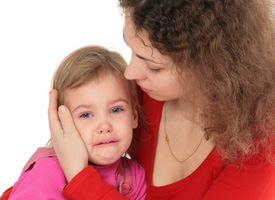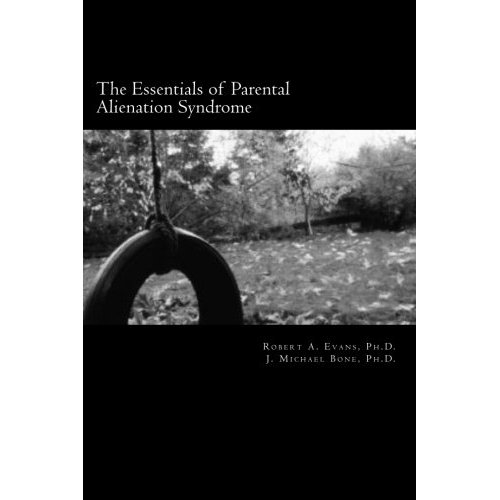The impact of Parental Alienation on children is long-term, and well documented.
Draconian! The label sometimes given by a mental health professional reading specific recommendations from an evaluation report that has identified severe parental alienation. One might also hear such a label in litigation from the attorney representing the alienating parent. So I thought it might be worthwhile to look into the label and see if, indeed, it fits.
The word draconian comes from Draco, the statesman who laid down laws for Athens in 621 B.C. Some of his laws included mandated death as punishment for minor crimes. Presently one might use the label to mean severe or strict or other synonyms including; cruel, hard, harsh, rigid, strict and stringent.
 Given these definitions and synonyms, how appropriate is the label to recommendations that are designed to reunite an emotionally abused (alienated) child and a rejected parent who was rejected for trivial or false reasons?
Given these definitions and synonyms, how appropriate is the label to recommendations that are designed to reunite an emotionally abused (alienated) child and a rejected parent who was rejected for trivial or false reasons?
There is an abundance of research that clearly demonstrates the short and long-term consequences to children who have been alienated from a previously loving, attached relationship. The consequences range from increases in clinical depression, academic problems, relationship problems, up to and including suicide and possibly homicide.
The fallout from severe alienation is hardly minor, trivial or insignificant.
Having a parent removed from one’s life is bad enough when it is by accident or natural causes. The pain and suffering is magnified when parental loss includes a child being taught to participate in the rejection by assuming delusions about a parent or even worse in some cases come to believe they were victims of abuse.
Most recommendations that address reunification in severe parental alienation cases do not include death to the alienating parent. In fact, I’m not aware of a single report that made such a “draconian” recommendation. While changing a child’s custody to the rejected parent and discontinuing contact between the child and the alienating parent sounds drastic (meaning acting with force, likely to have far reaching effects), keep in mind such recommendations are intended to end child abuse. In addition, typically there are ample opportunities for the alienating parent to learn how to coexist with their child and the other parent and ultimately regain their parenting role.
Yes, the typical recommendations in severe alienation cases include a change in custody to the rejected parent and no contact between the child and alienating parent for a period of no less than 90 days. While the rejected parent and child are reestablishing their relationship, the formerly favored (alienating) parent is working with a mental health professional to learn what not to do and how to encourage a loving relationship with between the child and formerly rejected parent. This is usually the part that some see as draconian.
The literature is very clear, however, in that when the reunification process has failed it is typically traced back to a premature reunion with the alienating parent and child and the process begins all over again.
As an analogy, what if a favored (alienating) parent had a highly contagious infectious disease and refused medical treatment that could cure them. Would it be draconian to allow the infected parent and child to remain in close contact? Probably not.
What if the alienating parent was separated from the child because of their behavior and the formerly rejected parent and child were successfully reunited? The child was determined to be flourishing as a function of reestablishing their bond with that parent. Would it be draconian to continue the separation if that parent refused to rehabilitate themselves so that they could have a loving relationship with their own child?
Would it be abusive to allow an infected parent to have close contact with their child increasing the likelihood that the child will contract the disease? What would be more draconian, infect the child or keep the parent away from the child because they refused to change their alienating ways?
I can understand attorneys who are representing their clients and are arguing on their behalf. After all, that’s their job and obligation. But for mental health professionals not to grasp the fact that parental alienation is child abuse and the foremost corrective action is to immediately end the abuse is inexcusable. I do not understand mental health professionals accepting children’s rejection of parents when there is either no evidence or very trivial reasons for the rejection.


